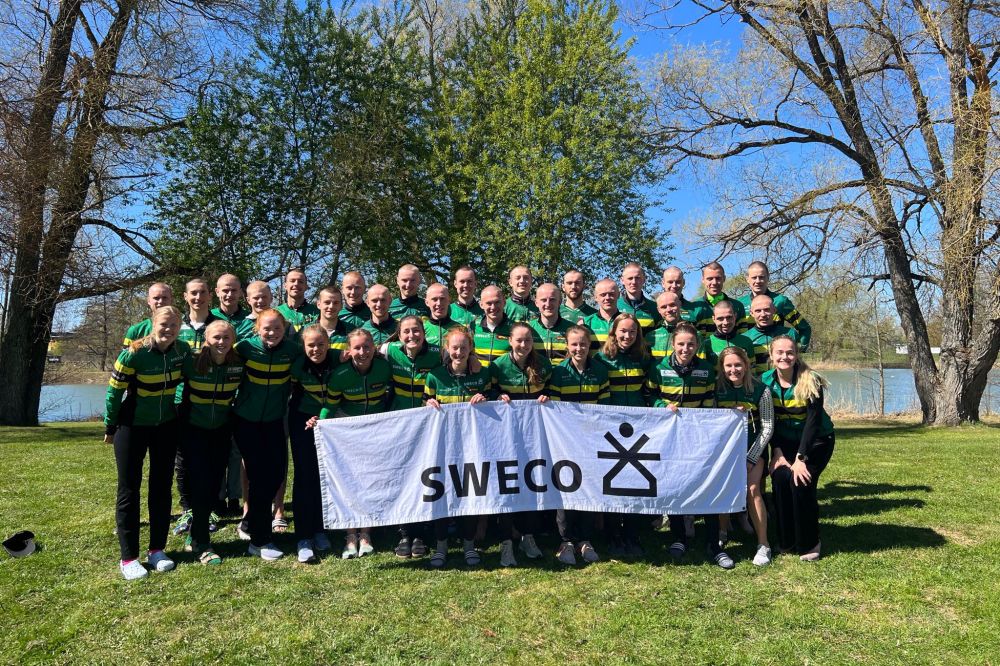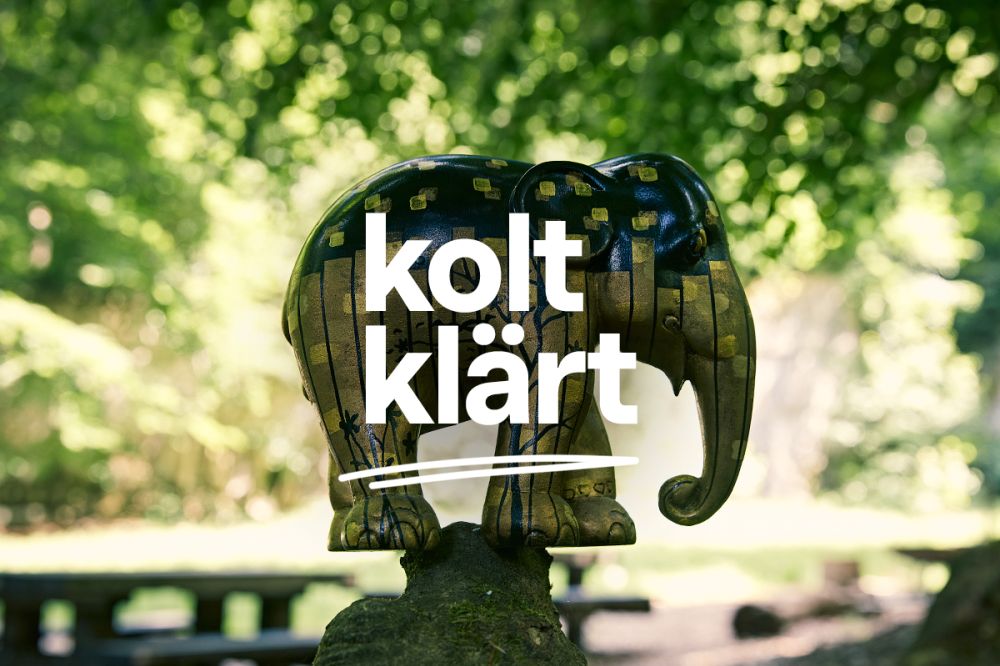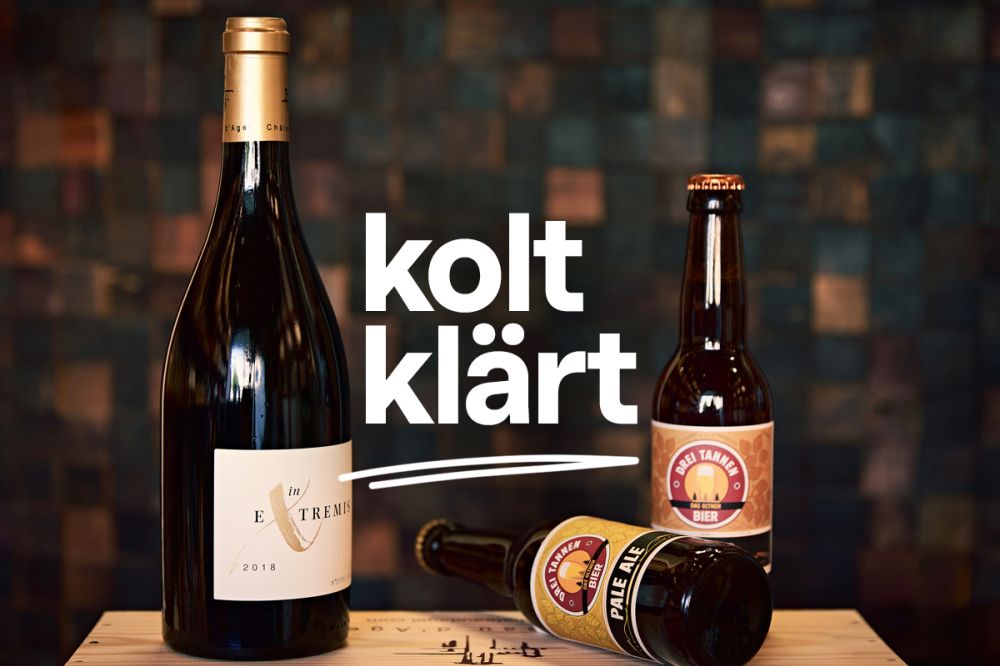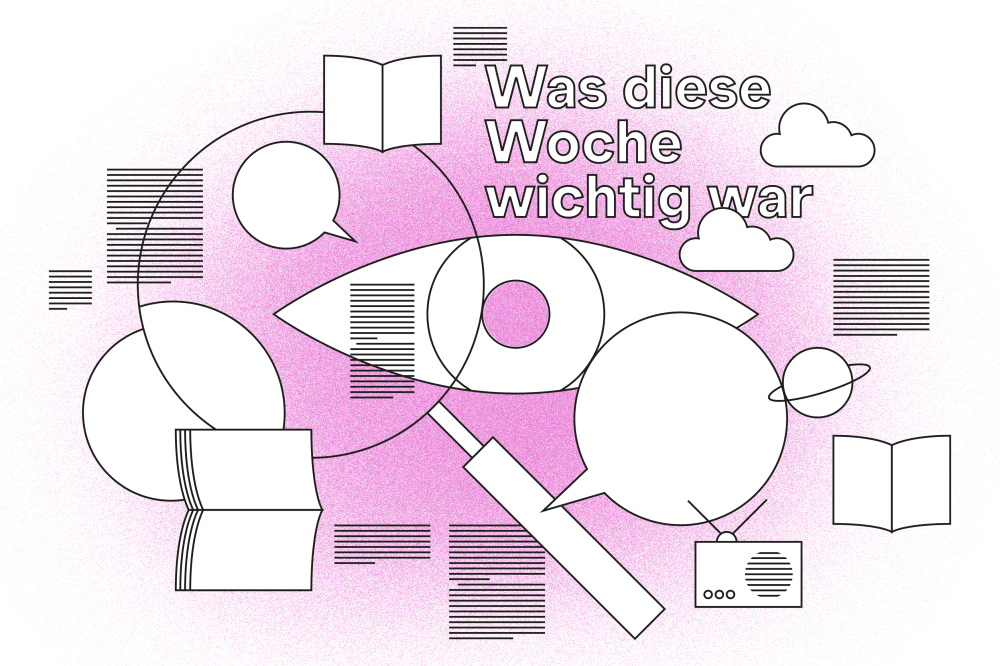Boxer Breaks Bread
After I had got to know my new neighbour, Boxer, (he seemed already to know all about me without even asking), we became accustomed to dropping in on each other without prior notice. A customary time to sit and chat was just after the mail arrived. So it was no surprise to hear his distinctive tapping at my front door the other day. He had a letter in his hand, waving both in front of me like the traffic policeman on the old Trimbacherstrasse at what is now called City Kreuzung.
“Charles! Look at this!”
“Stop waving it about, will you?”
“Listen! It is from my brother in Delémont. He has just heard from a cousin in Paris who found out that we have another cousin – a cousine, you understand. And guess where she lives!”
“Oh, I don’t know. Rorschach?”
“Charles, of course not. Do not be silly. She moved from there. Here! She lives here! In Olten! What a wonderful world we inhabit!”
“What’s her address?”
“Here – you read it.”
“Fräulein Mina Studach, c/o Hermann Pâtisserie, Hauptgasse, Olten. That’s in the old part of town, by the old city walls and the gate, across from the Hotel Halbmond, just at Marktgasse. That’s the pastry shop. Next to it is the confectionary shop. You can’t have them right together, you know.”
“And why is that, Charles?”
“Can’t you figure it out, Boxer? The heat from the ovens at the pastry shop would melt the chocolate.”
“Ah! Clever! Are you feeling proud to have stumped me, eh?”
“Not at all. Say, it’s a fine morning. Shall we walk into town?”
So, Boxer and I strolled down to the Alte Aarauerstrasse, over the railway lines to the Winkel Quartier, and crossed the River Aare through the old wooden bridge.
As we ascended the slight hill into the fortified area of Olten, we marvelled at the well-preserved buildings and their brightly painted gables and overhanging roofs. One of the façades told the history of various wars and invasions. I mentioned to Boxer how Napoleon had burnt down the bridge we had just crossed.
“Charles, there is a lesson there somewhere. Tell me, which side of the bridge was Napoleon on when he burnt it down?”
“Oh! Uh – I don’t know! Now you’ve stumped me.”
As we approached the pastry shop, next door to it on the other side from the confectionary, a jewellery shop seemed to be undergoing some sort of transformation, even as we watched. At first, all was quiet, one customer entering as another left. Then, there was sudden turmoil, as a woman ran out shrieking, “Oh! Oh!” A half dozen passersby rushed toward her, surrounding her, some entering the jewellery shop, others pushing past her into the pastry shop. Another half dozen people emerged from the pastry shop and the confectionary. One was a pretty, aproned young woman. We went instinctively to her.
“Help me to close the shutters, please, gentlemen. We need to stop the people from going in.”
“And from coming out?” Boxer was always ready with a contradictory option.
The woman from the jeweller’s was shouting incoherently something about a robbery. Jewels were missing!
“I knew it! It happened last month, too,” said the young pâtissière. “The thieves were never caught and the jewels never found. We were overrun with customers then and lost some of our pastries as well. It was almost like a free-for-all.”
Boxer had been observing the young woman, but a movement in the still unshuttered shop window caught his attention. There were a few customers inside, and as one young man was leaving, Boxer stuck out his foot and tripped the youth flat onto his face.
“Get a policeman! Here’s your thief.”
The youth was squirming under Boxer’s heavy foot as two burly policemen approached.
“He tripped me! I didn’t steal no jewels! Search me if you want.”
“Jewels? I never mentioned jewels. Anyway, officers, they are not on him. But I know where they are.”
Boxer strode into the pastry shop, went to the window display, and came out again with a round cake with a knob of crust on top. He pulled off the top like a cork and broke open the pastry, revealing four bright, slightly greasy, large rubies.
“He or an accomplice would have been in later to buy one of these – brioches à tête, they are called, am I correct, miss? He would have chosen this particular one, of course. I watched him through the window as he — Look out! Stop him! He’s getting away!”
The youth had adroitly slipped the grasp of the officers and was scampering away, hopping and springing like a flea. He managed to jump over a wall and up onto the roof of the Alter Spittal at the end of Marktgasse and over the city wall by the Hexenturm. The policemen had to give up the chase.
“One of those travelling circus acrobats, I would say.” It was the young woman from Hermann’s Pâtisserie speaking. “We are grateful, nonetheless, gentlemen.”
“May I ask if you are Mina Studach? Yes? Aha! We are cousins – or cousins of cousins. Boxer is my name, and this is Charles Ross. We live on the other side of the river.”
“How do you do, gentlemen. Cousin. I live – ha ha – you see that attic window? I live up there, high above the shop.”
“May we invite you for tea?”
“Thank you kindly, cousin, but I am waiting for my boyfriend. It is my afternoon off. He should be finishing his rounds soon. He is a postman. Ah! Here he comes.”
And up the street walked – yes, our very own postman. What a coincidence! Or, as Boxer said, “What a wonderful world we inhabit!”
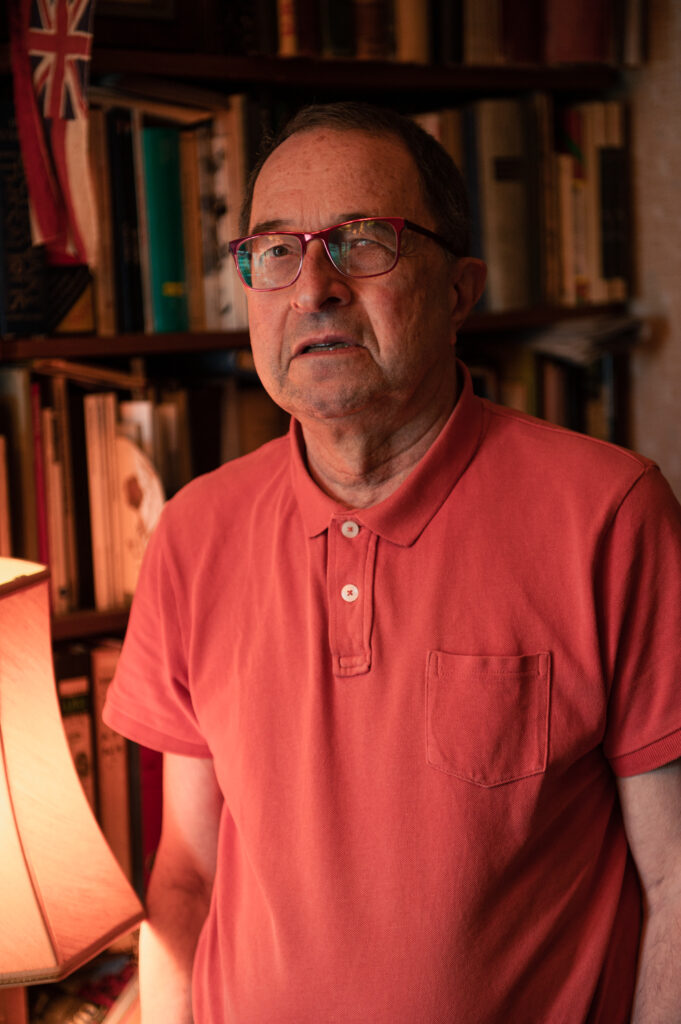
David Pearce ist ein Schweizer Schriftsteller, wohnt seit 2000 in Olten und hat amerikanische, englische, und französische Wurzeln. Er schreibt auf Englisch Kurzgeschichten, Romane und Theaterstücke.


